Description
The Deccan Riots of 1875 brought the problem of agricultural indebtedness to the forefront. A committee appointed to make inquiries into the causes of discontent recommended that suitable measures should be adopted to provide financial relief to the agriculturists. As a result, the Deccan Agriculturists’ Relief Act was passed in 1879. :Subsequently, in 1882, Sir Willian Wedderburn and Justice IRanade were deputed by the Bombay Government to investigate the problem of agricultural indebtedness and to suggest ways and means of ameliorating the economic conditions of the rural classes. After a detailed enquiry,
they suggested the establishment of Agricultural Banks for advancing loans to the cultivators. Though this Scheme did not materialise, its essentials were embodied in the Land Improvement Loans Act 19 of 1883 and the Agricul- turists’ Loans Act 12 of 1884.



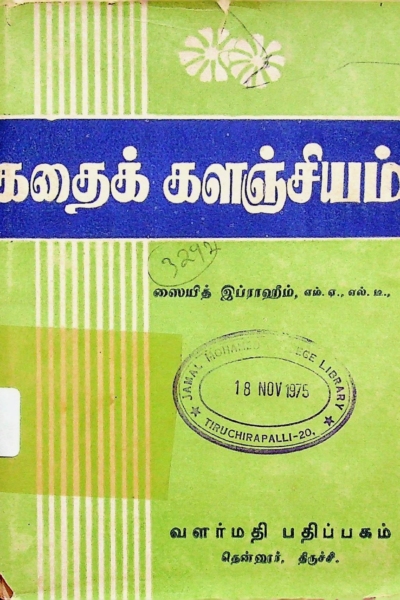
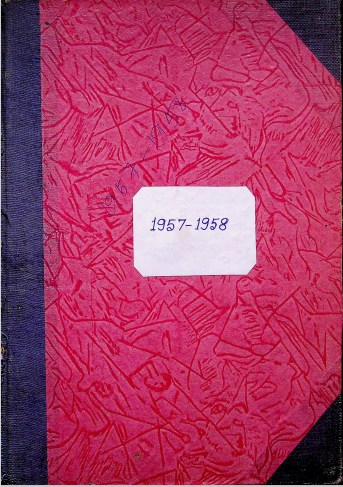
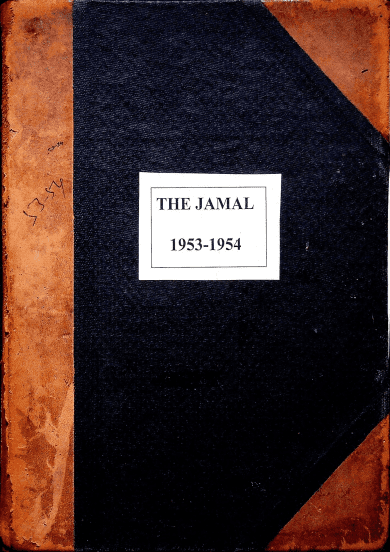
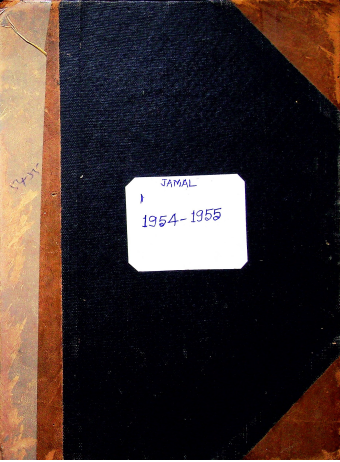
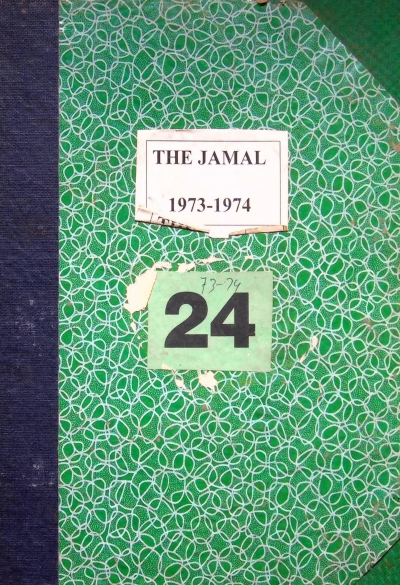
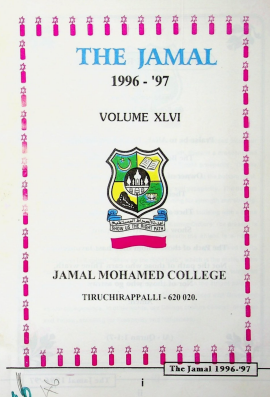
Reviews
There are no reviews yet.